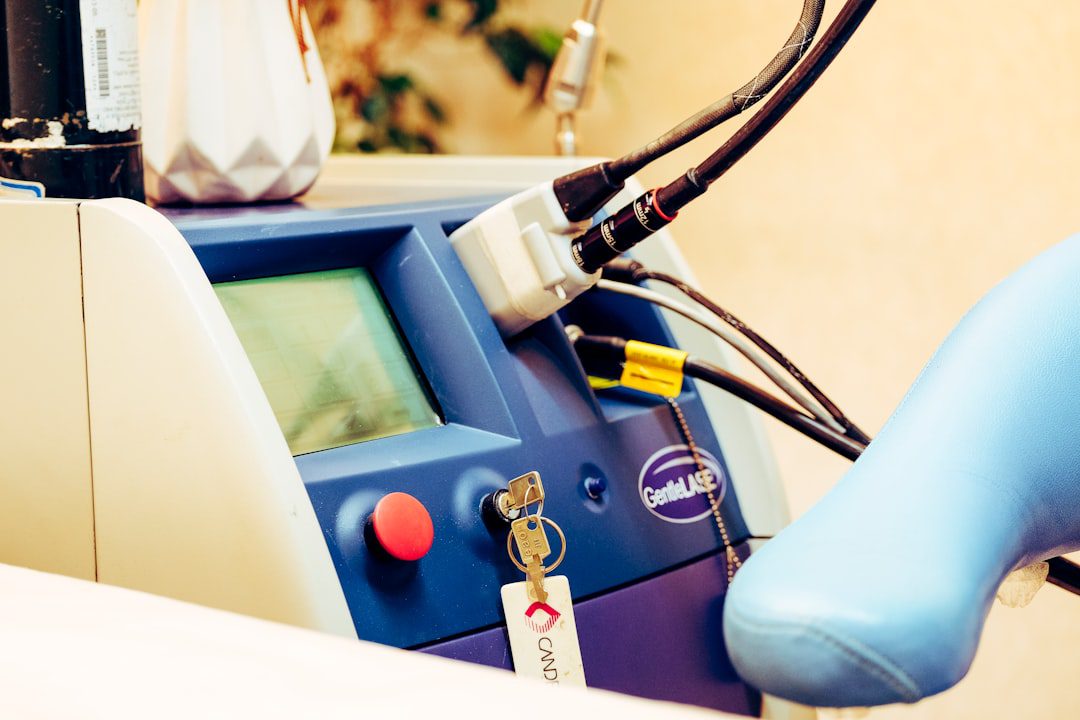
Critical Software Defect Prompts FDA Recall Communication Enhancement
The FDA has issued an important update regarding a software issue affecting Fresenius Kabi USA infusion pumps, marking a significant development in the agency’s Communications Pilot to Enhance the Medical Device Recall Program. This case serves as a critical reminder for medical device manufacturers about the evolving landscape of recall communications and the heightened scrutiny on software-controlled medical devices.
Understanding the Fresenius Kabi Software Issue
Infusion pumps represent one of the most critical categories of medical devices, directly impacting patient safety through precise medication delivery. Software defects in these devices can lead to:
- Incorrect dosing calculations
- Pump malfunctions or unexpected shutdowns
- Compromised alarm systems
- Data integrity issues affecting patient records
While specific technical details of the Fresenius Kabi issue are detailed in the FDA communication, this recall highlights the agency’s increased focus on software-related medical device failures and their potential for widespread patient impact.
The FDA’s Enhanced Communication Strategy
This update is part of the FDA’s Communications Pilot program, which represents a significant shift in how the agency handles recall communications. The pilot program aims to:
- Provide more timely and comprehensive recall information
- Improve transparency in the recall process
- Enable better risk assessment by healthcare providers
- Facilitate faster corrective actions by manufacturers
For manufacturers, this enhanced communication approach means recalls will receive greater visibility and scrutiny, making proactive quality management more critical than ever.
Regulatory Implications for Medical Device Manufacturers
This recall update reinforces several key regulatory expectations under 21 CFR Part 820 (Quality System Regulation) and FDA guidance documents:
Software Validation Requirements
Medical device manufacturers must implement robust software validation processes per FDA guidance on “General Principles of Software Validation.” This includes:
- Comprehensive risk analysis for software components
- Validation testing that covers all intended use scenarios
- Documentation of software life cycle processes
- Regular software updates and security patches
Post-Market Surveillance Obligations
Under 21 CFR Part 803 (Medical Device Reporting), manufacturers must maintain vigilant post-market surveillance systems to detect software-related issues quickly and report them appropriately to the FDA.
Immediate Action Items for Manufacturers
Medical device manufacturers should take the following steps in response to this recall and the broader implications:
- Review Software Quality Systems: Conduct a comprehensive audit of software development and validation processes, ensuring compliance with IEC 62304 (Medical Device Software Life Cycle Processes).
- Assess Recall Preparedness: Evaluate current recall procedures and communication strategies, considering the FDA’s enhanced communication expectations.
- Strengthen Post-Market Monitoring: Implement or enhance systems for detecting software-related field issues, including customer feedback loops and data analytics capabilities.
- Update Risk Management Documentation: Review ISO 14971 risk management files for software-controlled devices, ensuring all software failure modes are adequately addressed.
Long-Term Compliance Strategy
The Fresenius Kabi case underscores the need for manufacturers to adopt a proactive approach to software quality management. Key strategies include:
- Implementing continuous software monitoring and analytics
- Establishing clear software change control procedures
- Maintaining detailed software documentation throughout the device lifecycle
- Training quality and regulatory teams on software-specific compliance requirements
Conclusion
The FDA’s enhanced communication approach to the Fresenius Kabi infusion pump recall signals a new era of regulatory transparency and manufacturer accountability. Medical device companies must adapt their quality systems and communication strategies to meet these evolving expectations while maintaining the highest standards of patient safety.
Manufacturers should view this development not as a burden, but as an opportunity to strengthen their quality systems and build greater trust with regulators, healthcare providers, and patients alike.


No comments yet. Be the first to comment!